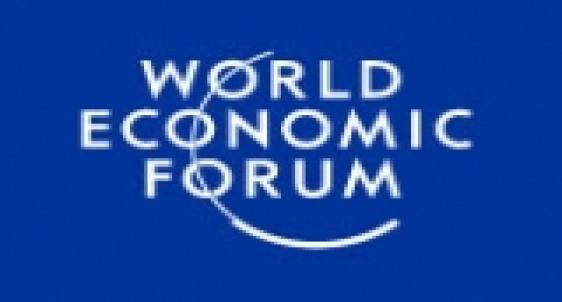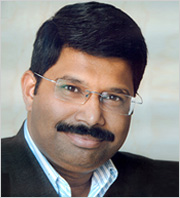
The meeting got underway on January 28 in Davos, Switzerland with addresses by world leaders like Russian Premier.
The World Economic Forum's report The Future of the Global Financial System; A Near-Term Outlook and Long-Term Scenarios explores a near-term industry outlook characterized by an expanded scope for regulatory oversight, back to basics in the banking sector, some restructuring by alternative investment firms and the emergence of a new set of winners and losers.
Over the long-term, the report finds that a range of external forces and critical uncertainties have the power to significantly shape the industry. In particular, the World Economic Forum's study found that the pace of geo-economic power shifts from today's advanced economies to the emerging world and the degree of international coordination on financial policy are the two most critical uncertainties for the future of the global financial system. By employing scenario analysis, the report explores the impact of these and other key driving forces on the potential governance and structure of financial markets from today until 2020.
The report was developed by the World Economic Forum in collaboration with Oliver Wyman and overseen by a steering committee of 20 leading industry practitioners and academics.
"The World Economic Forum's Annual Meeting 2009 is providing leaders from industry, government and civil society with a unique and timely opportunity to actively shape the post-crisis world. This report serves as a critical input into these multi-stakeholder discussions to stimulate the development of practical and responsible recommendations for promoting long-term financial stability," said Professor Klaus Schwab, Founder and Executive Chairman of the World Economic Forum.
Heads of state, finance ministers and central bankers from over 60 countries, as well as chairmen and CEOs from over 200 of the world's leading financial institutions are in Davos-Klosters, Switzerland to engage in these discussions.
Julia Hobart, Partner at Oliver Wyman added, "As we emerge from the financial crisis, there will be a new period of major structural shifts, which will have a permanent impact on organizations across financial services and from this we will see a new set of winners and losers,"
"The Future of the Global Financial System report provides financial leaders and policy makers with an examination of the impact of short-term changes in the financial markets and challenges us to consider broader, systemic changes to the financial system and global economies over the long-term," added David Rubenstein.
Following the Annual Meeting and over the course of 2009, the World Economic Forum will leverage this first phase of work to engage leaders in an exploration of both opportunities to strengthen the global financial system by reducing levels of systemic risk and developing stakeholder-specific strategies to succeed within the new financial architecture.
List of Steering Committee:
- Paul Achleitner, Member of the Board of Management, Allianz SE
- Sameer Al Ansari, Chief Executive Officer, Dubai International Capital LLC
- Bader M. Al Sa'ad, Managing Director, Kuwait Investment Authority
- Sir Howard Davies, Director, London School of Economics and Political Science
- Robert E. Diamond Jr, President, Barclays PLC
- Volkert Doeksen, Chief Executive Officer and Managing Partner, AlpInvest Partners
- Tolga Egemen, Executive Vice President, Financial Institutions and Corporate Banking, Garanti Bank
- Jakob A. Frenkel, Vice Chairman, American International Group Inc
- Johannes Huth, KKR & Co Ltd
- Chanda Kochhar, Joint Managing Director, ICICI Bank Limited
- Scott McDonald, Managing Partner, Oliver Wyman
- Daniel Och, Founder and Chief Executive Officer, Och-Ziff Capital Management Group LLC
- David M. Rubenstein, Co-Founder and Managing Director, The Carlyle Group
- Heizo Takenaka, Director, Global Security Research Institute, Keio University
- Tony Tan Keng-Yam, Deputy Chairman and Executive Director, Government of Singapore Investment Corporation GIC
- John A. Thain, President of Global Banking, Securities and Wealth Management, Bank of America Merrill Lynch
- Ruben K. Vardanian, Chairman of the Board and Chief Executive Officer, Troika Dialog Group
More than 2,500 participants from 96 countries are participating in the Annual Meeting held under the theme "Shaping the Post-Crisis World", including a record 40 heads of state or government. Key finance, foreign affairs, trade and energy ministers will join heads of non-governmental organizations, social entrepreneurs and religious leaders at the Meeting. Around 60% of the participants are business leaders drawn principally from the Forum's members – 1,000 of the foremost companies from around the world and across all economic sectors.
The World Economic Forum is an independent international organization committed to improving the state of the world by engaging leaders in partnerships to shape global, regional and industry agendas. Incorporated as a foundation in 1971, and based in Geneva, Switzerland, the World Economic Forum is a not-for-profit organization.



























